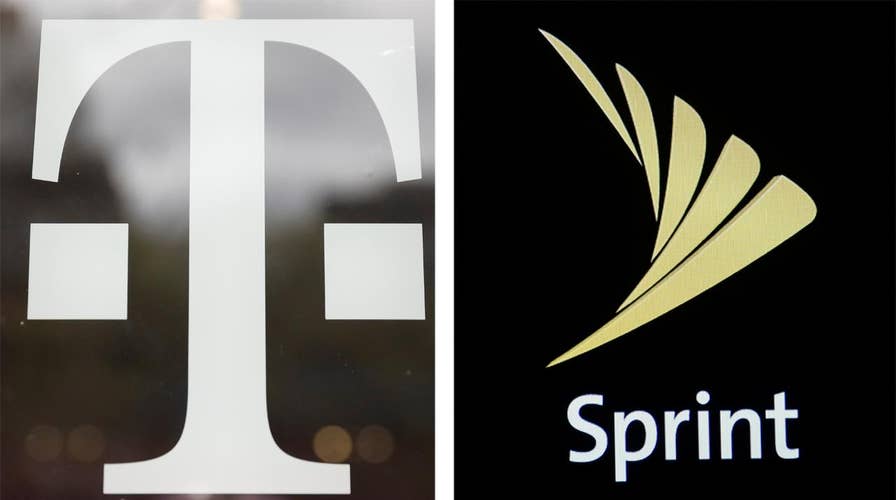The proposed merger between Sprint and T-Mobile would fail to help the U.S. win the 5G race, fail to bring wireless broadband to rural America, and it would kill American jobs and raise prices.
Recently, a majority on the Federal Communications Commission (FCC) said they were inclined to approve the deal with conditions, while the Department of Justice Antitrust Division remains appropriately skeptical. The DOJ and state antitrust enforcers should not follow the FCC’s lead, but instead reject the merger, including the toothless conditions proposed by T-Mobile and Sprint.
We all agree that winning the 5G race and improving service in rural America are critically important. Combining two of the four nationwide wireless carriers is not the way to get there. The merger conditions offered by Sprint and T-Mobile do not change that conclusion.
First, with 6 percent of all Americans and nearly 25 percent of rural residents lacking either fixed or mobile broadband coverage, we should be asking how unserved Americans would get 3G or 4G service before even talking about how they get 5G. But T-Mobile and Sprint have committed to building a new 5G network that would cover 97 percent of Americans within three years, and 99 percent within six years. They say that 85 percent of rural Americans will have 5G access in three years, and 90 percent within six years.
It sounds great, until we realize that nothing in their proposed conditions changes the fact that building a 5G network in rural areas always proves to be harder and more expensive than carriers anticipated, and there is little to no recourse for rural households under these proposed conditions if T-Mobile and Sprint fail to meet their own promises.
The U.S. government should not allow two foreign-owned companies to kill 30,000 American jobs in order to make wealthy investors in Japan and Germany even wealthier
Second, the FCC seems to accept T-Mobile’s promise to freeze prices for three years as a good enough guarantee that consumers will not be harmed by the merger. Enforcement of that condition amounts to government price regulation.
Government should not be in the business of setting prices, especially not a Republican-run Administration devoted to free-market principles. Why would that promise even be necessary if the evidence didn’t point to higher prices as a natural result of this merger? And what happens after three years? Prices go up, working families pay more, and we all pay a price for reduced competition.
Finally, the U.S. government should not allow two foreign-owned companies to kill 30,000 American jobs in order to make wealthy investors in Japan and Germany even wealthier, which is exactly what would happen under this deal. The proposed conditions are silent about jobs, which means more job cuts and lower wages in hard-hit communities.
America must win the race to develop 5G. China is making a strong effort to become the world leader in 5G and make the communications systems of other nations — including the U.S. — dependent on China and subject to Chinese control and surveillance. Just look at Huawei. We can’t allow that to happen, because it would be a threat to our national security as well as our economic strength.
CLICK HERE TO GET THE FOX NEWS APP
Approving the T-Mobile merger with Sprint will not help us win the race to 5G, even though T-Mobile and Sprint are touting 5G as the main reason their merger should be approved. The companies’ proposed conditions are insufficient to change that fact. Besides, they’re already helping America win the 5G race. Sprint announced recently that it would begin rolling out mobile 5G to nine markets this year. Before announcing the proposed merger, T-Mobile CEO John Legere widely advertised T-Mobile’s standalone ability to develop mobile nationwide 5G.
The Department of Justice and state attorneys general should not follow the FCC. They should reject the T-Mobile/Sprint merger and ensure that we win the 5G race the good, old-fashioned American way: by competing our way to the top.
Editor’s Note: In his work as a principal at The 1600 Group consultants, Bradley Blakeman’s past and current clients include the Communications Workers of America and DISH Network, both of which oppose the merger of Sprint and T-Mobile.









































